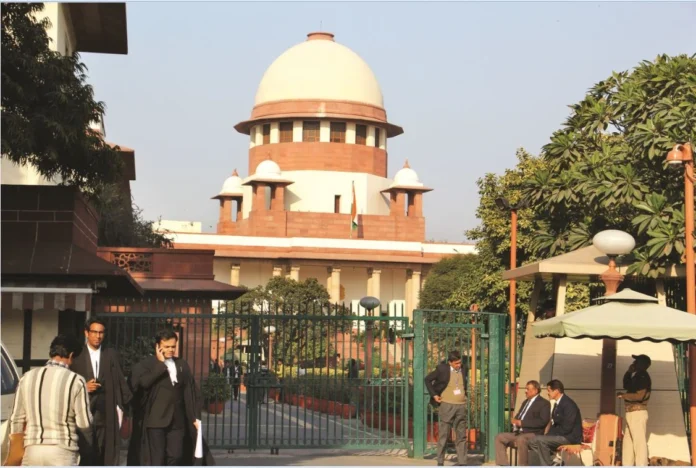By Sanjay Raman Sinha
A Supreme Court bench, comprising Justices JB Pardiwala and R Mahadevan, made this significant observation while holding the Haryana government liable to compensate three appellants with Rs five lakh each. The appellants had been unlawfully incarcerated for over three months in connection with a murder case—an astonishing 26 years after the incident and 20 years after their acquittal.
Failure Of Public Prosecutor Led To Miscarriage Of Justice
The apex court’s ruling was largely influenced by the public prosecutor’s failure to assist the High Court properly, which ultimately led to a miscarriage of justice. The bench underscored the importance of an impartial and competent prosecution in ensuring a fair trial.
“Judges are human beings and at times they do commit mistakes. The sheer pressure of work may lead to such errors. At the same time, both the defense counsel and the public prosecutor owe a duty to correct the court if it is treading the path of error,” the Court remarked.
This comment highlights the pivotal role of public prosecutors in upholding justice and ensuring the legal process remains unbiased and transparent.
Concerns Over Political Influence In Appointments
The appointment of public prosecutors in India has long been a contentious issue, with allegations of political interference tainting the recruitment process.
According to the Code of Criminal Procedure (Bharatiya Nagarik Suraksha Sanhita), public prosecutors are appointed by the state government in consultation with the High Court. Candidates must have at least seven years of experience as a practicing advocate to qualify, while special public prosecutors require a minimum of ten years of legal practice.
The district magistrate, in consultation with the sessions judge, prepares a panel of eligible candidates, from which the state government makes appointments. However, there have been persistent concerns that these selections are influenced more by political considerations than by merit, leading to a lack of impartiality in the prosecution process.
Judicial Precedents On The Role Of Public Prosecutors
Several judicial rulings have reinforced the significance of an independent and competent public prosecution system.
In the Tikam Singh vs State & Ors (2006) case, the Rajasthan High Court ruled that a public prosecutor represents the state, but is not a complainant, highlighting their duty to present facts objectively. Similarly, in Kunja Subudhi and Anr vs Emperor (1928), the Patna High Court held that a prosecutor must present all relevant evidence, both favourable and adverse, to the accused, allowing the judiciary to make an informed decision.
Need For A Transparent And Merit-Based Selection Process
To address these concerns, experts and legal scholars have recommended overhauling the appointment process to make it more transparent and merit-driven. A proposed solution is the establishment of an independent committee to oversee the selection of public prosecutors, insulating the process from political pressures.
The appointment of public prosecutors is a critical pillar of the criminal justice system. While political influence remains a challenge, judicial rulings and recommendations aim to fortify the process through transparency and merit-based selections. It is now up to the legislative and executive branches to refine the system and shield it from political manipulations, ensuring justice is served impartially.


